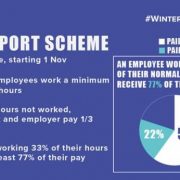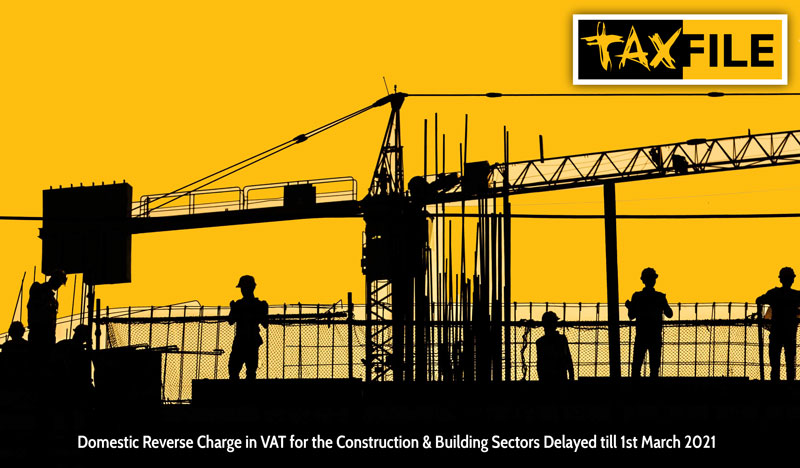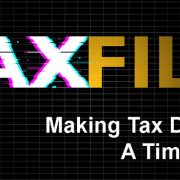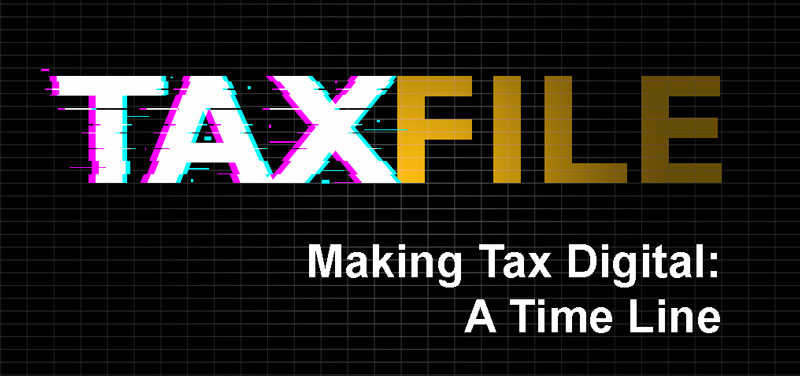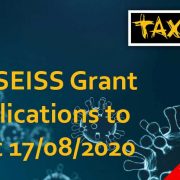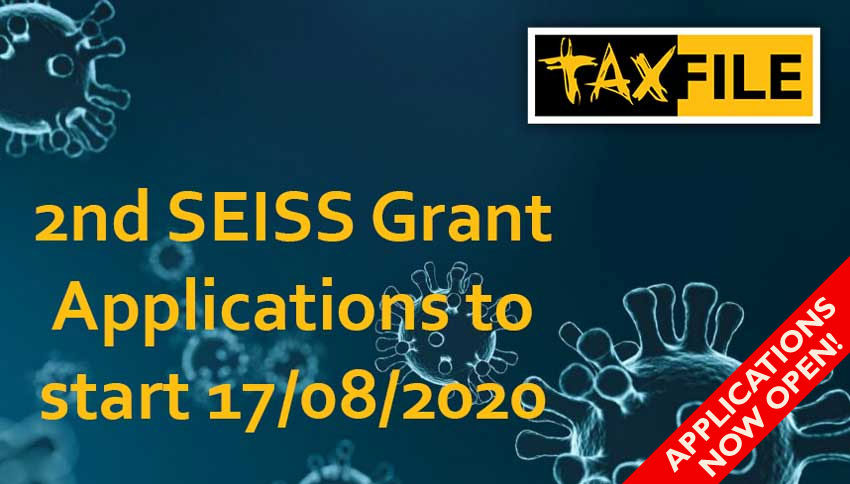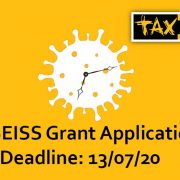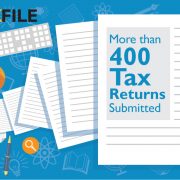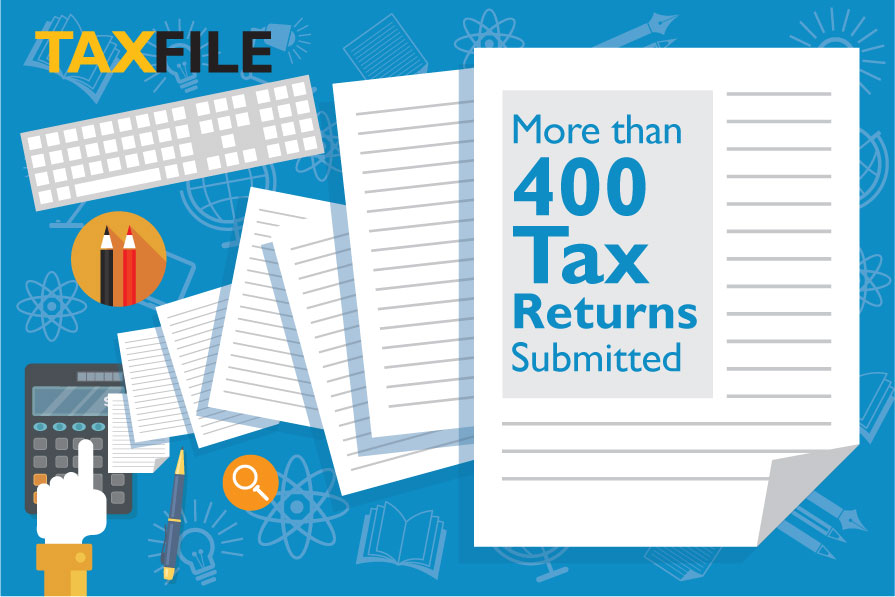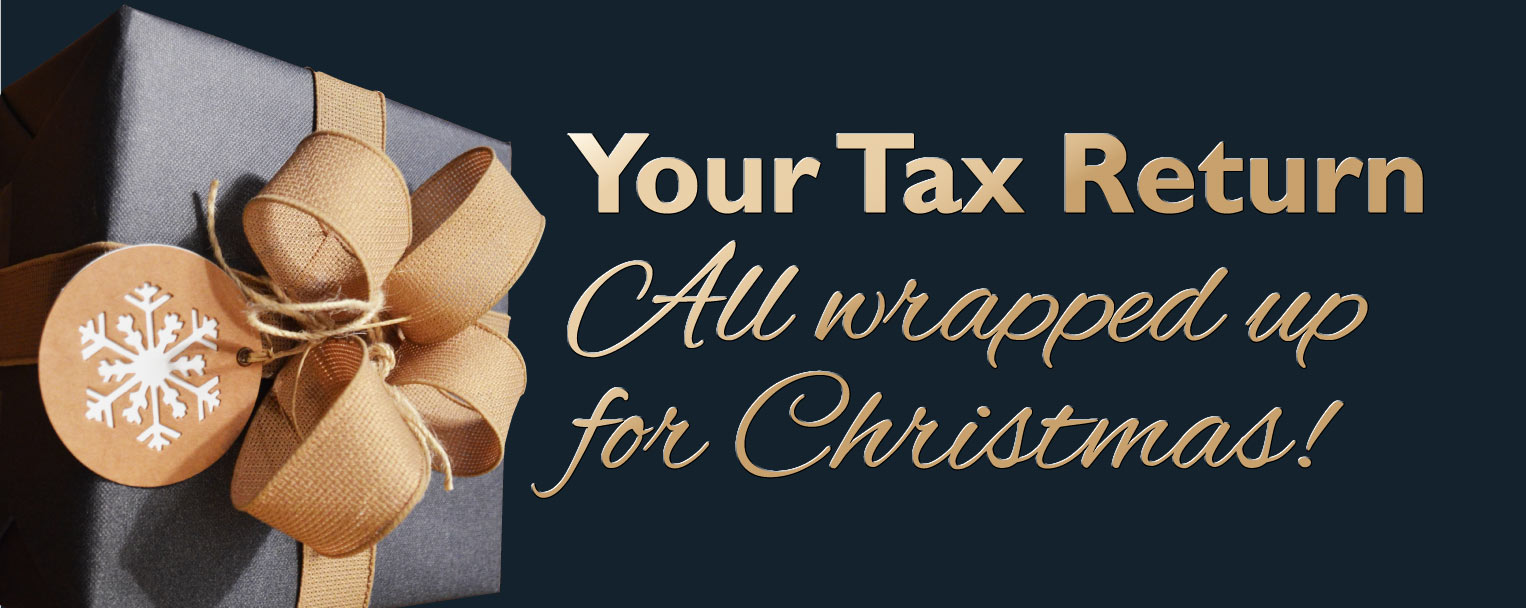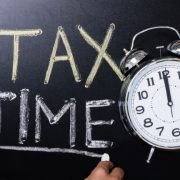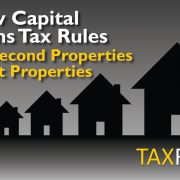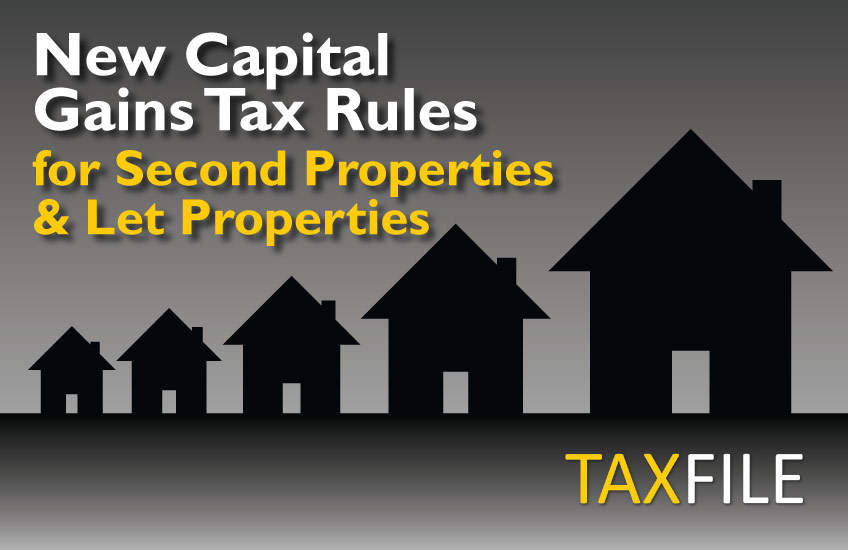Job Support Scheme Replaces the Job Retention Scheme from 1st November 2020
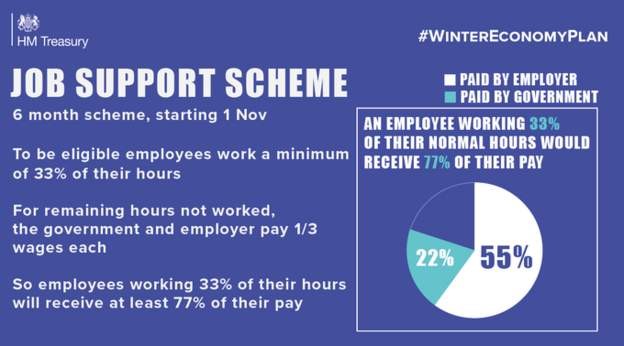
The Job Retention Scheme (JRS) winds down at the end of October. It will be followed, for the next six months, by a new job support scheme, which subsidises the wages of employees working at least a third of their normal hours, to further support viable UK employers who face lower demands due to COVID-19.
In an attempt to keep employees attached to the workforce, the Government will be introducing a new Job Support Scheme from 1 November 2020, where employees will need to work a minimum of 33% of their usual hours.
For every hour not worked the employer and the Government will each pay one third of the employee’s usual pay. The government contribution will be capped at £697.92 per month.
Employees using the scheme will receive at least 77% of their pay (where the Government contribution has not been capped) & the employer will be reimbursed in arrears for the government contribution. The employee must not be on a redundancy notice.
The scheme will run for six months from 1 November 2020 and is open to all employers with a UK bank account and a UK PAYE scheme.
All Small and Medium-Sized Enterprises (SMEs) will be eligible. Large businesses will be required to demonstrate that Read more

